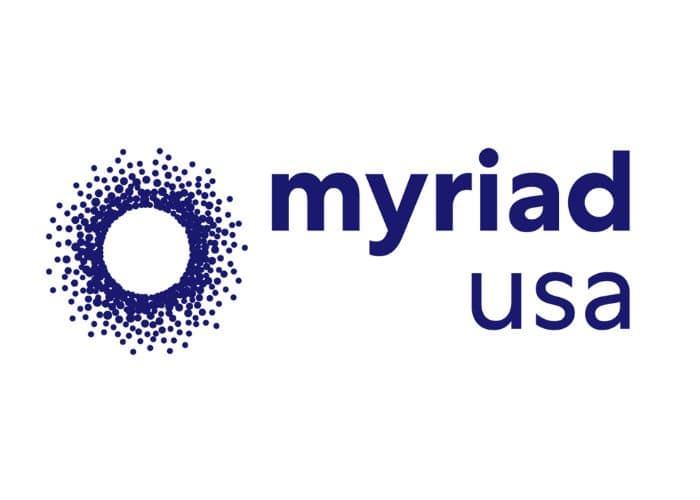- About AVPN
-
-
-
About AVPN
Who We Are
We are a leading ecosystem builder that is increasing the flow of financial, human, and intellectual capital from Asia and around the world into the social sector in Asia. We provide a network of peers, rigorous learning programmes, and innovative capital mobilization opportunities that make sure resources are more effectively deployed.
-
-
-
- Members
-
-
-
Membership Benefits
Unrestricted access to AVPN research reports and case studies
Access market-specific snapshots and opportunities
Increased visibility for events, programs and insights via AVPN website, blog, newsletters and social media channels
Leverage the AVPN platform to bring under-represented social issues top of mind for more than 600 social investors
-
-
-
- Resources
-
-
-
Resources
Highlights of the week
Trust-Based Philanthropy
In the face of increasingly complex and, sometimes rapidly, changing needs on the ground, it is crucial to take a step back and reconsider the status quo.
APAC Sustainability Seed Fund 2.0
By leveraging the success of the first round of the APAC Sustainability Seed Fund, AVPN continues to mobilise continuum of capital into supporting climate solutions in the region.
Faith and Giving
Faith, and the values, belief systems, moral codes, and religious doctrines, that underlie it, shape much of philanthropy across the world. From addressing needs in underserved communities to investing in sustainable energy solutions, faith-aligned givers are demonstrating that compassion can be a catalyst for a more just and equitable world. However, the fundamental drivers of faith-aligned giving often remain unexamined.
-
-
-
- Markets
-
-
-
Markets
We are a leading ecosystem builder that is increasing the flow of financial, human, and intellectual capital from Asia and around the world into the social sector in Asia. We provide a network of peers, rigorous learning programmes, and innovative capital mobilization opportunities that make sure resources are more effectively deployed.
Explore Markets
-
-
-
- Impact Communities
-
-
-
Impact Communities
-
-
-
- Capital Mobilisation
-
-
-
Capital Mobilisation
Featured Deals
Socio-Economic Empowerment of Women
Climate Action and Environment, Education, Financial Inclusion, Gender, Livelihood and Poverty Alleviation
Solve Education: Education through Innovative Learning Platform
Education, Employability, Livelihood and Poverty Alleviation
Lotus Petal Sr. Sec School, Gurugram
Education, Employability, Health
IT Training Against Poverty in Cebu
Education, Employability, Livelihood and Poverty Alleviation
IT Vocational Training Against Poverty
Education, Employability, Livelihood and Poverty Alleviation
Gigatonne: Addressing Problems within the Carbon Credits Market
Climate Action and Environment, Financial Inclusion, Gender, Livelihood and Poverty Alleviation
-
-
-
- Events
-
-
-
Events
Upcoming Signature EventsAVPN Global Conference 2024
23 April 2024
-
25 April 2024
Signature Event
Upcoming Events
Restoring Equilibrium: SVCA 2024 Annual Conference – Seeking Balance in A Turbulent World
16 May 2024
-
-
-
Mangrove Training Centre for Community Based Education Courses
The Bangladesh Environment and Development Society (BEDS) is providing the region with a major institution of learning to conduct research on mangrove trees.
By

Bangladesh Environment and Development Society (BEDS)
Click here to learn more about the Impact Organisation
This is member exclusive
content. Click here to unlock
Social causes
Beneficiaries
SDGs covered
Endorsed by
Market of Implementation
- Bangladesh
Problem
The Sundarbans is a UNESCO World Heritage site and the largest single mangrove forest in the world. The forest is home to many rare and endangered flora and fauna, including the estuarine crocodile, the Indian python, and the critically endangered royal Bengal tiger. The entire Sundarbans ecosystem is dependent upon the mangrove tree, which acts as a natural safeguard against cyclones, tidal surges, and sea water intrusion, but the area is increasingly at risk due to climate change and illegal activities such as tree-cutting and agricultural expansion. There is not currently a center dedicated to the study and preservation of this essential ecosystem, and if it is left outside of the educational spotlight it will remain vulnerable to ongoing attrition.
Solution
The Bangladesh Environment and Development Society (BEDS) is looking to create the Mangrove Learning Centre will provide the region with a major institution of learning for mangrove tree research, and will be designed with the help of the Architectural Association School of Architecture in London. The Mangrove Learning Centre will provide a variety of services to the community and visitors which include:
- Courses for national and international students, as well as professionals, with learning materials and a research facility for academics to study the ecosystem. These courses will be jointly taught by BEDS, Khulna University, and the Centre for Integrated Studies on Sundarbans (CISS). BEDS has signed a memorandum of understanding with Khulna University, and it is anticipated that these courses will eventually be counted towards a degree at Khulna University.
- A museum where visitors can learn more about the key wildlife and plants in the Sundarbans. This museum will inform visitors about the 334 species of trees, 165 species of algae, 13 species of orchids, 291 species of fish, and nearly 400 species of wild animals living in the Sundarbans (this includes 35 species of reptile, 315 species of birds, and 42 species of mammals).
















